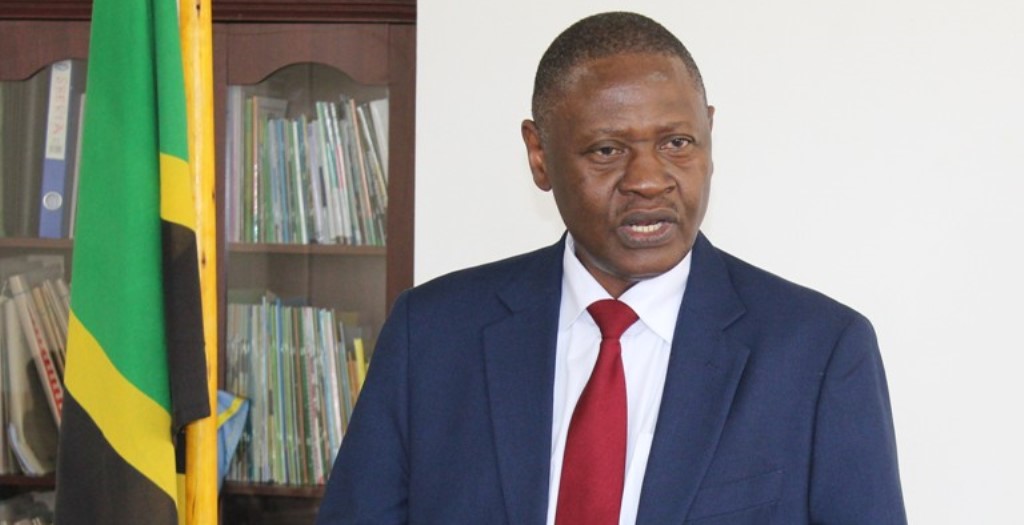AfricaPress-Tanzania: THE Chief Justice (CJ), Prof Ibrahim Juma, has called upon justice dispensing institutions in the country to cooperate in order to succeed in the fight against corruption.
Prof Juma made the appeal in Dodoma City, while opening a Stakeholders’ Forum to discuss the fight against corruption in the judicial system.
In a statement issued by the Directorate of Information and Communication of the Judiciary of Tanzania, the Chief Justice said that organizing the forum was a perfect example of integration of the country’s justice institutions in the fight against graft.
According to him, the importance of cooperating in the fight was recognized in 2003, when the United Nations General Assembly drafted the United Nations Convention Against Corruption, which came into effect on December 14, 2005.
“This agreement referred to the fact that the Judiciary will not succeed in the fight against corruption if it manages the conflict in isolation without the cooperation of other stakeholders and institutions,” he pointed out.
On the fight, he further said a number of tactics have been used to raise awareness and assess the public perceptions and attitudes on bribery claims.
Some of these methods, he added, are the posting of anti-corruption posters in all the Courts in the country and evaluating themselves through research conducted by the nongovernmental organization- REPOA in 2015 and 2019.
Expounding further on the research conducted, Prof. Juma said that such study focused on areas of satisfaction with the Court’s services, access to important information on cases and services provided by the Tanzanian Judiciary.
He said that justice dispensing institutions should listen to the people and give them opportunity to air their criticisms, noting: “We should not stop the public from complaining as their complaints can open our eyes to the problem of corruption within our institutions.”
On the improvements made by institutions in the justice dispensing system in Tanzania, Prof. Juma explained that it would be irrelevant if those bodies would close their eyes on the issue of corruption, because it would mean people going to court would not be heard.
Earlier, the Principal Judge, Dr. Eliezer Feleshi , said the Judiciary’s efforts to organize such a forum in collaboration with the Institute of Judicial Administration Lushoto and other stakeholders was a clear example of sincere commitment to ensure the fight against corruption is sustainable and fruitful.
Dr Feleshi said that the corruption was not only affecting the Judiciary, but also the entire justice dispensing systems, and that is why the forum has involved all stakeholders to discuss broadly, since complaints of corruption from the public are directed to various justice entities in the country.
On his part, the Chief Registrar of the Judiciary of Tanzania, Mr Wilbert Chuma, said that there was every reason to strengthen the justice system in the country to increase the public’s confidence in the Judiciary, despite some challenges in accessing justice, which needed to be dealt with.
A stakeholder’s forum to discuss the fight against corruption in the Justice System brought together justice stakeholders in Dodoma City with a view to discussing the challenges and strategies available in tackling it in the country.
Some of the institutions involved include the Prevention and Combating of Corruption Bureau (PCCB), the Office of the Director of Criminal Investigator (DCI), the Tanganyika Law Society (TLS), the Ministry of Home Affairs, Prisons and the Police.







